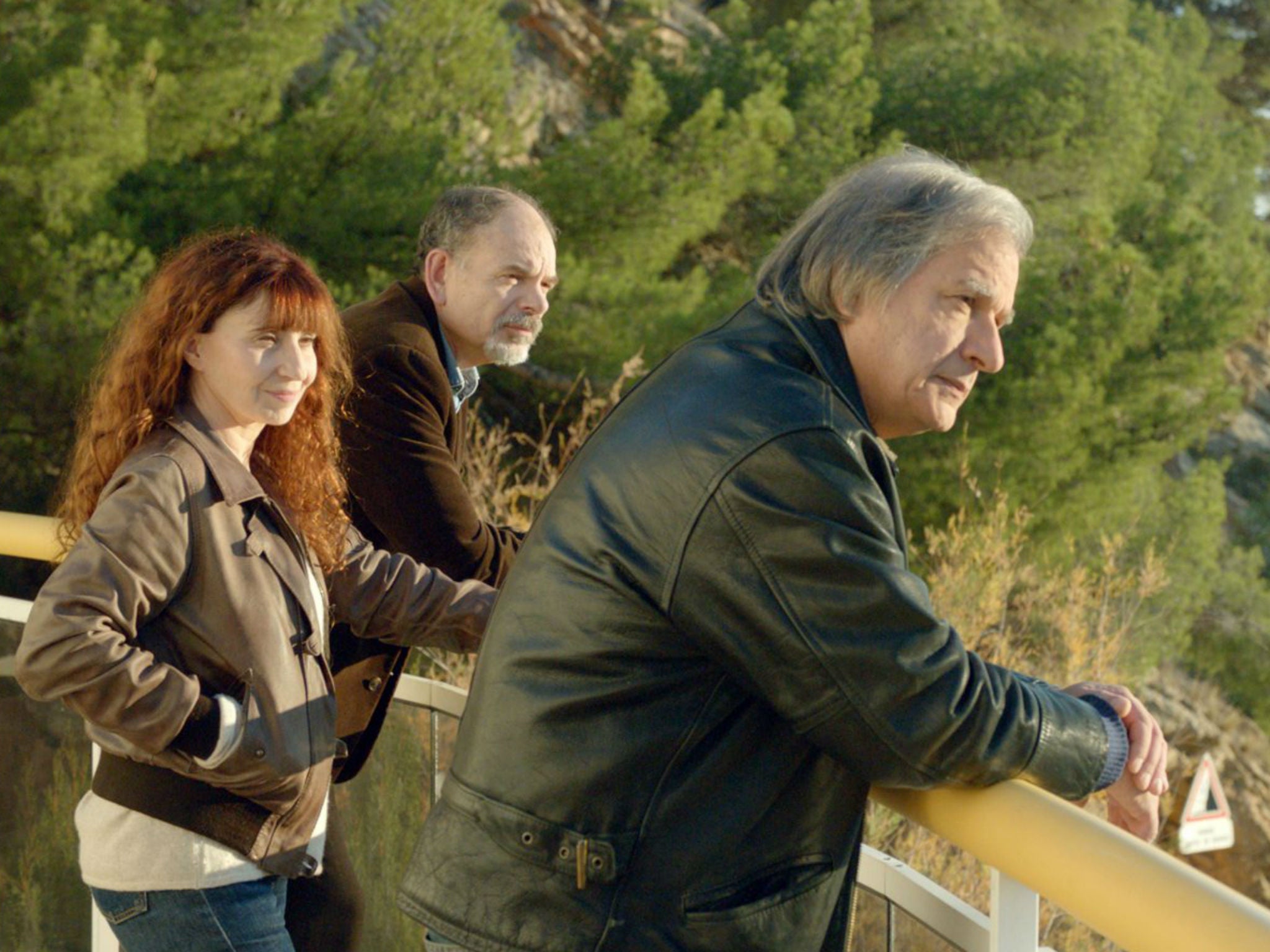The House by the Sea review: A treat for fans of French art house movies
Robert Guédiguian's layered, nuanced family drama breaks no new ground, but its familiarity is part of its appeal

Your support helps us to tell the story
From reproductive rights to climate change to Big Tech, The Independent is on the ground when the story is developing. Whether it's investigating the financials of Elon Musk's pro-Trump PAC or producing our latest documentary, 'The A Word', which shines a light on the American women fighting for reproductive rights, we know how important it is to parse out the facts from the messaging.
At such a critical moment in US history, we need reporters on the ground. Your donation allows us to keep sending journalists to speak to both sides of the story.
The Independent is trusted by Americans across the entire political spectrum. And unlike many other quality news outlets, we choose not to lock Americans out of our reporting and analysis with paywalls. We believe quality journalism should be available to everyone, paid for by those who can afford it.
Your support makes all the difference.Dir: Robert Guédiguian; Starring: Ariane Ascaride, Jean-Pierre Darroussin, Gérard Meylan, Jacques Boudet, Anaïs Demoustier, Robinson Stévenin. Cert 12A, 107 mins
With the deaths of Eric Rohmer, Claude Chabrol and their contemporaries, a tradition in French filmmaking seemed to be disappearing. That is why it is so heartening still to be able to see films like Robert Guédiguian’s The House by the Sea. Like Rohmer, he tells deeply layered stories about the everyday lives of different generations of French characters.
Much of Guédiguian’s work is set in the same corner of the south of France and uses the same actors, notably his wife Ariane Ascaride and the jowly, melancholic Gérard Meylan. They were both in his international breakthrough film, Marius and Jeannette (1997), but had worked with him a long time before then.
This is a slow burning but very intricately observed family drama set in a little bay beneath a railway viaduct near Marseilles. The once flourishing local community has withered away. At the start of the film, Maurice (played by Fred Ulysse), the old man who runs the local restaurant, is seen sitting on a terrace smoking, muttering “too bad” to himself just before he has an enormous stroke. He survives but is left in a vegetative state.
His daughter, Angèle (Ascaride), now a successful actor in late middle age, returns home from Paris for the first time in years. So does his son Joseph (Jean-Pierre Darroussin), a firebrand political activist with a much younger girlfriend, Berangere (Anais Demoustier). Another son, Armand (Meylan), never left the village, staying on to run the family restaurant.
The film plays as if it is a Provençal, working class version of a Chekhov play like Uncle Vanya or The Cherry Orchard. It’s winter, out of season, and no tourists are in the town. The characters here express familiar grumbles about the way modernity, yuppies and money have corrupted their once idyllic childhood home.
The brothers and sister are full of both nostalgia and bitterness; there is an inheritance to divide and old wrongs to mull over. Angèle still blames the father for a family tragedy that happened many years before. Tensions simmer between Joseph and his girlfriend, who is drawn to the handsome, tousle-haired motorbike-riding son of Maurice’s equally venerable neighbours, a couple who can no longer pay their rent.
All the while, the father is still with the family. After the stroke, he can’t communicate and shows no sign of recognising anyone, but his body still functions.
Guédiguian’s storytelling style is deceptive. At first, it seems as if this is low-key social realism in the Dardennes or Ken Loach mould, albeit set on the French Riviera. Gradually, though, we realise how stylised and theatrical his approach really is. A young fisherman recites poetry from Paul Claudel while unloading his morning catch. Joseph’s verbose monologues (“at the edge of the void, only laughter stops us from jumping”) aren’t what you expect from an ex-union leader.

Watch Apple TV+ free for 7 days
New subscribers only. £8.99/mo. after free trial. Plan auto-renews until cancelled

Watch Apple TV+ free for 7 days
New subscribers only. £8.99/mo. after free trial. Plan auto-renews until cancelled
The film touches on the immigration crisis. A boat that is thought to have been carrying refugees has been found nearby, and soldiers are searching the neighbourhood to see if they are hiding. Guédiguian has little interest in exploring the stories of these migrants. Instead, he uses them as a way of tugging at the consciences of the family members and of allowing them to rediscover the compassion and idealism they’ve somehow lost along the way.
The House by the Sea doesn’t take us to many places we haven’t visited before in countless other similar features by this director and by his peers. Its familiarity, though, is part of its appeal. There was a time when a film like this would have been seen in independent cinemas all over the UK. It’s a measure of the parlous current state of foreign language distribution that it is being given such a limited release. Anyone who enjoys classic French art house drama will find plenty to relish here.
‘The House by the Sea’ is out on limited release 11 January
Join our commenting forum
Join thought-provoking conversations, follow other Independent readers and see their replies
Comments